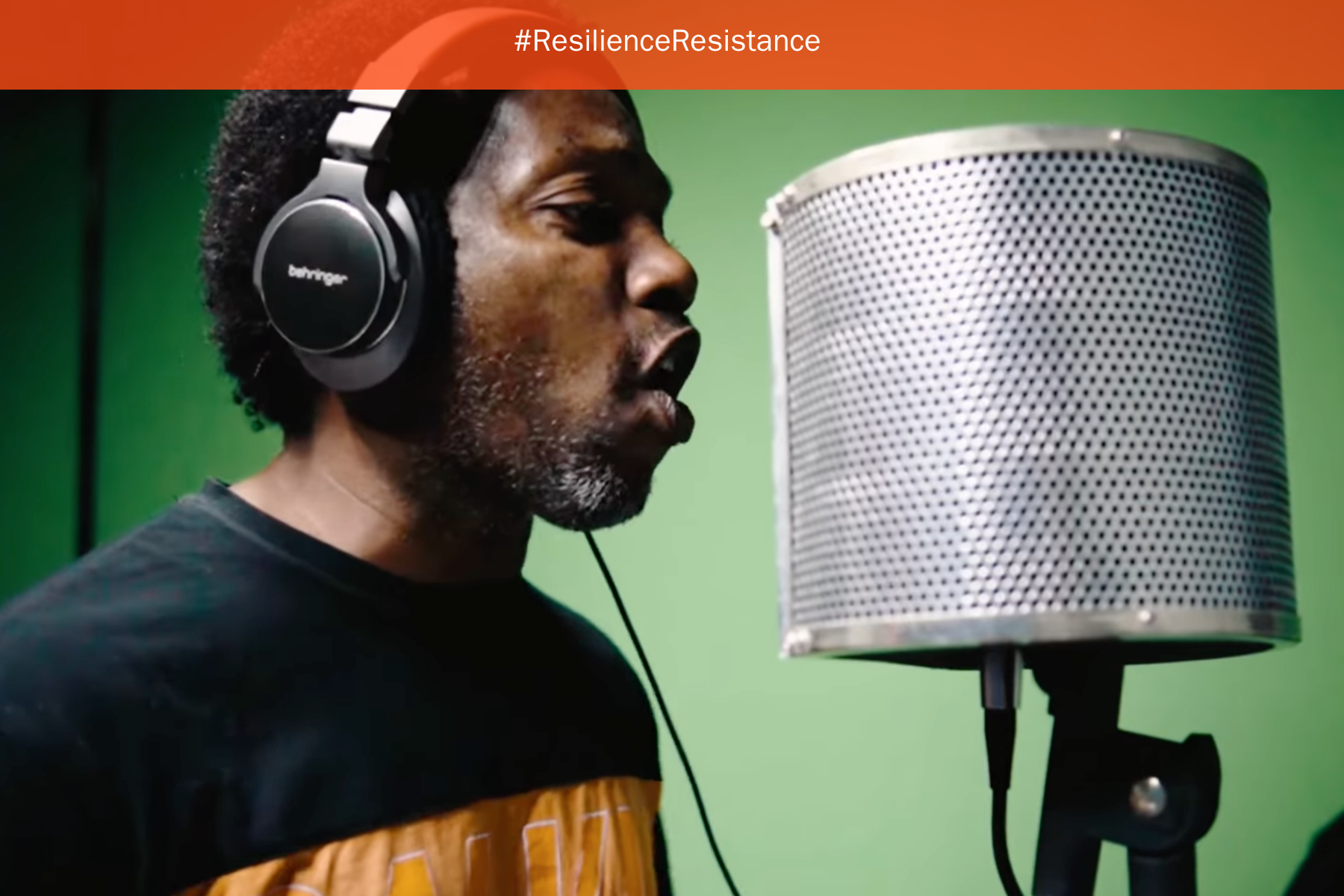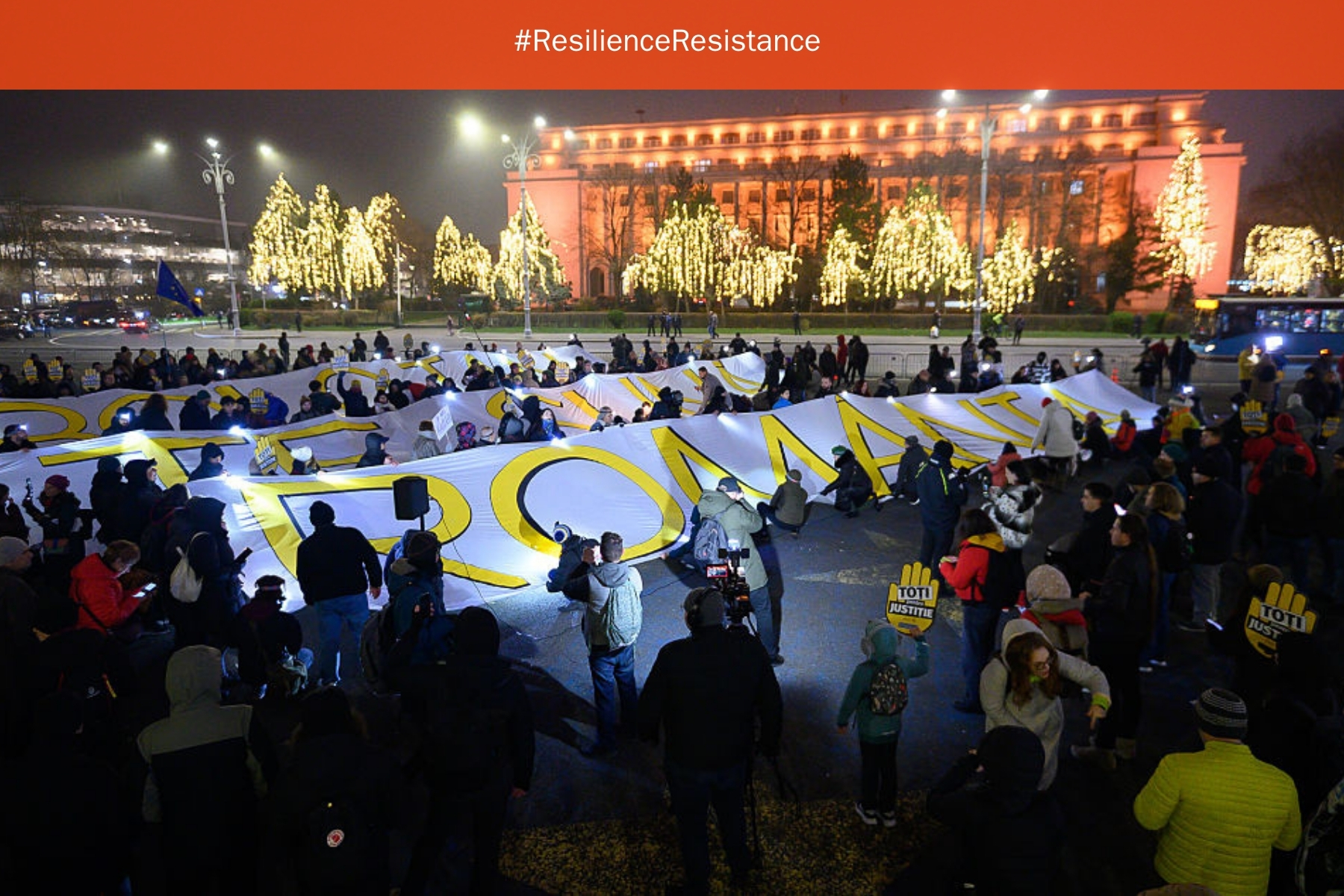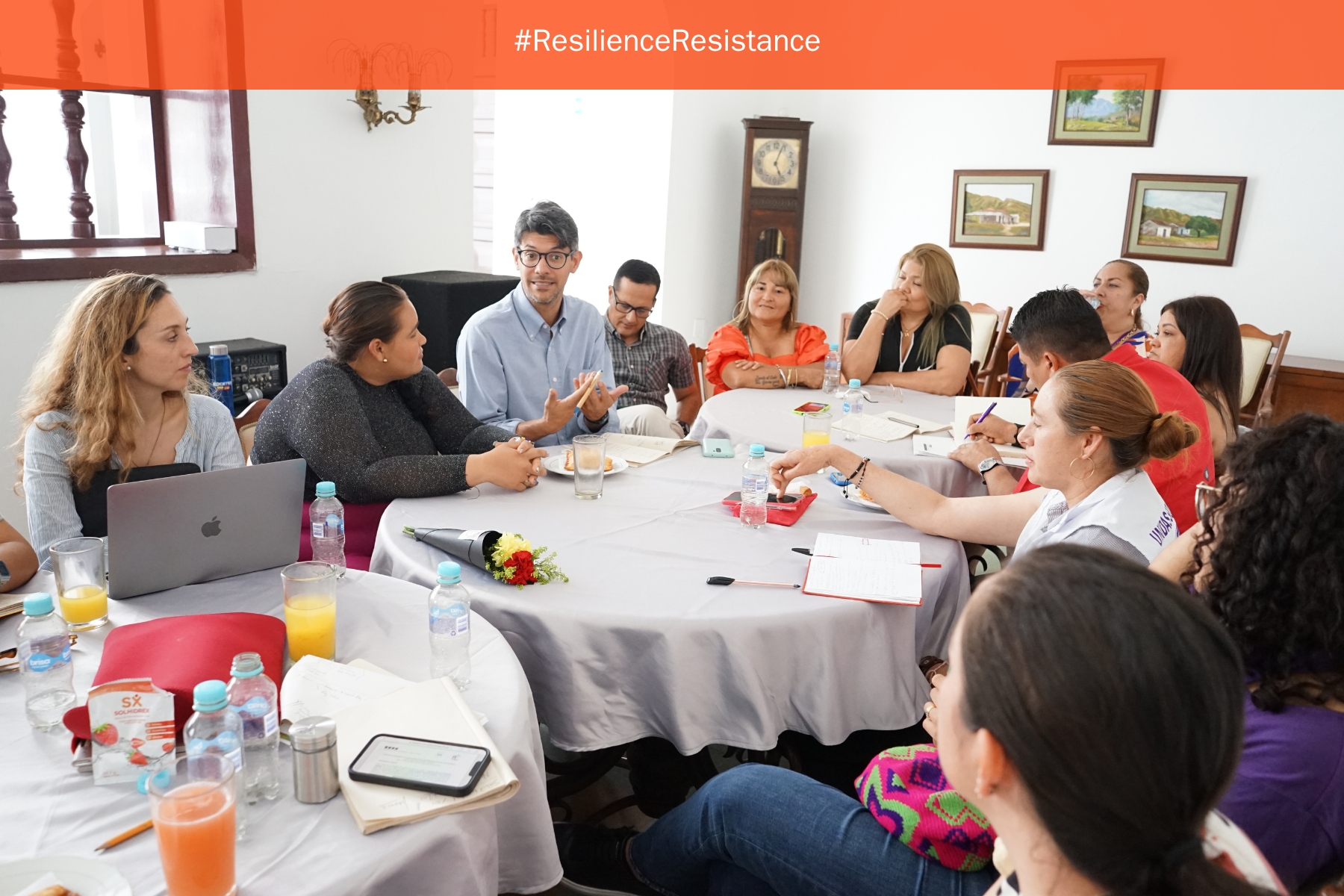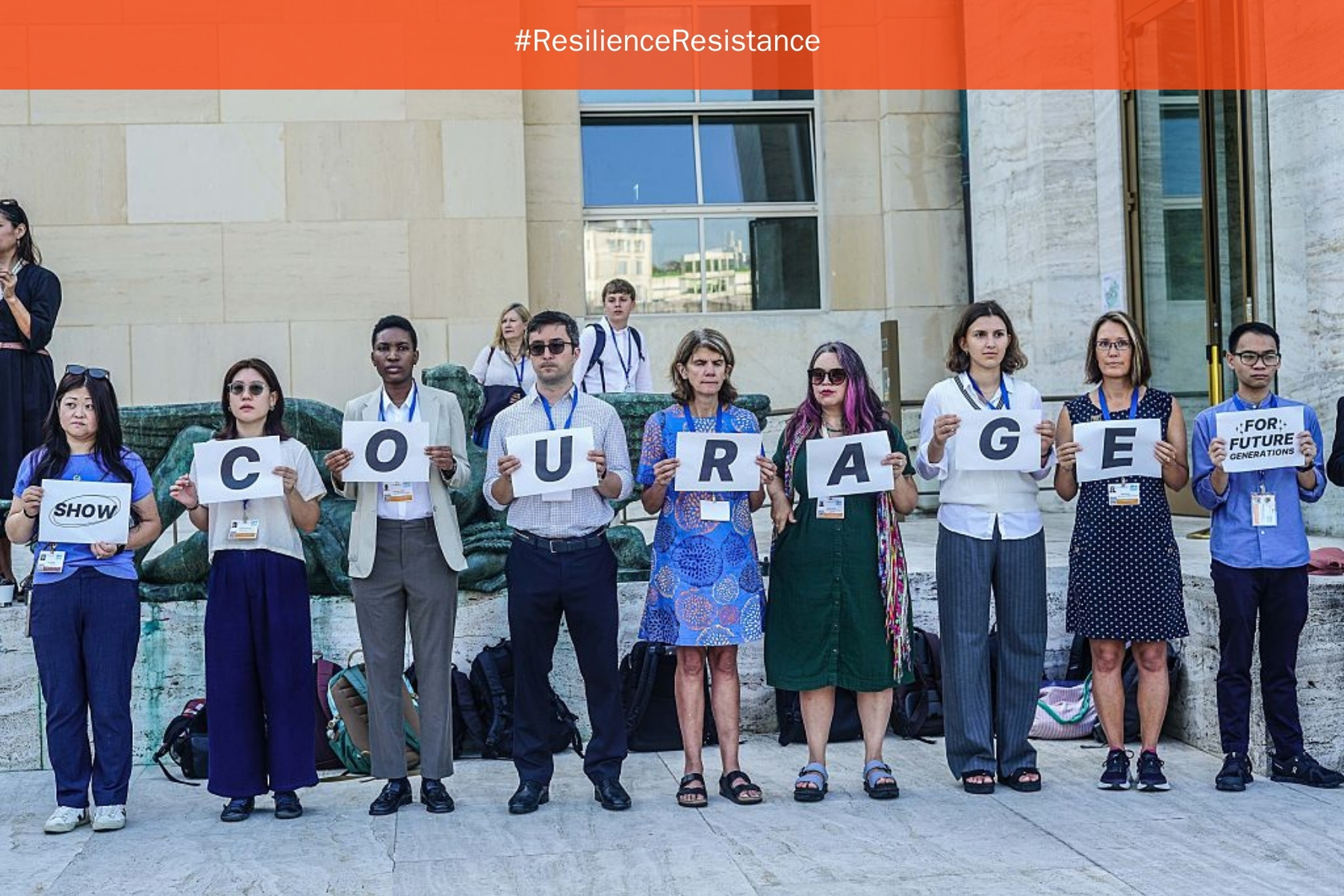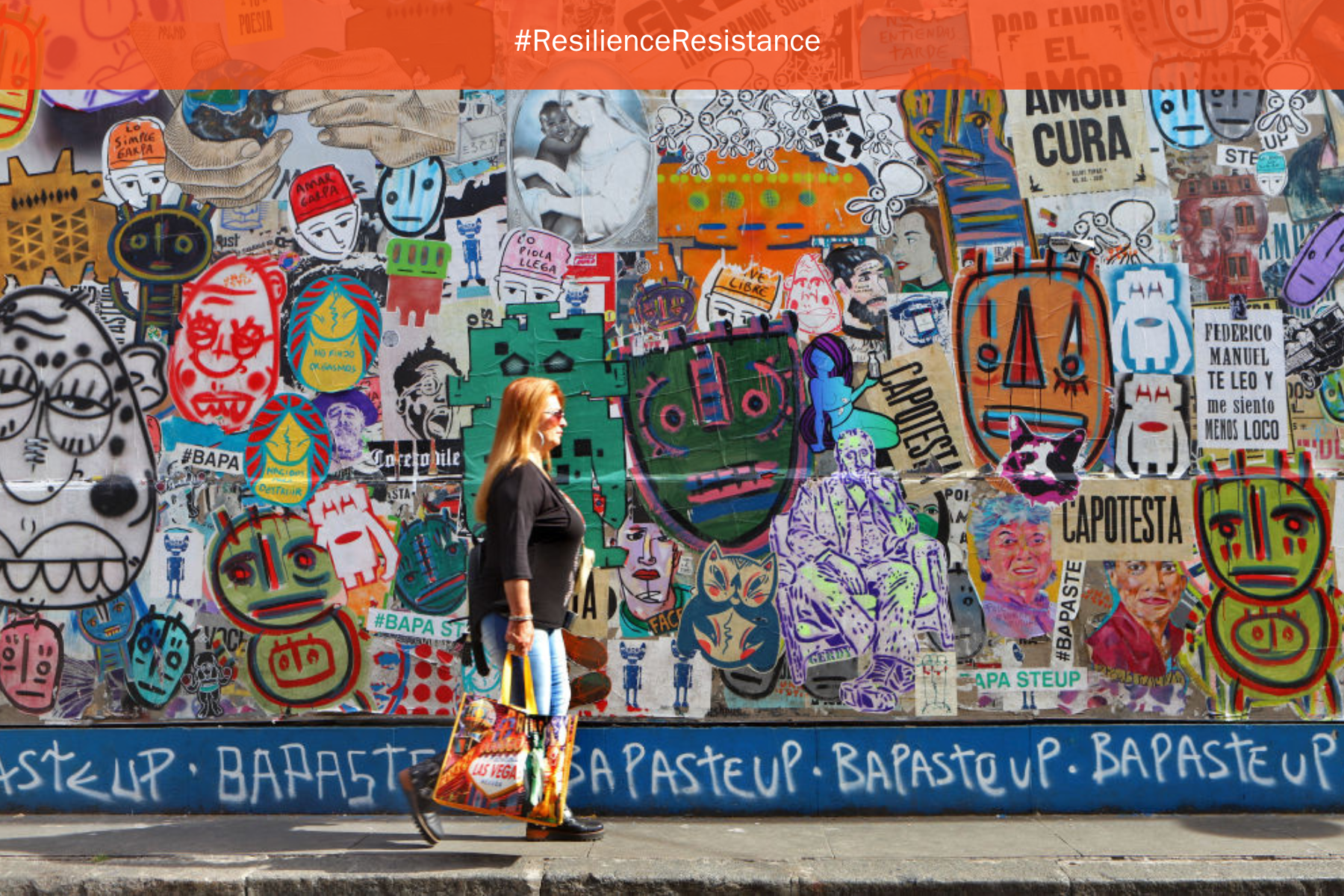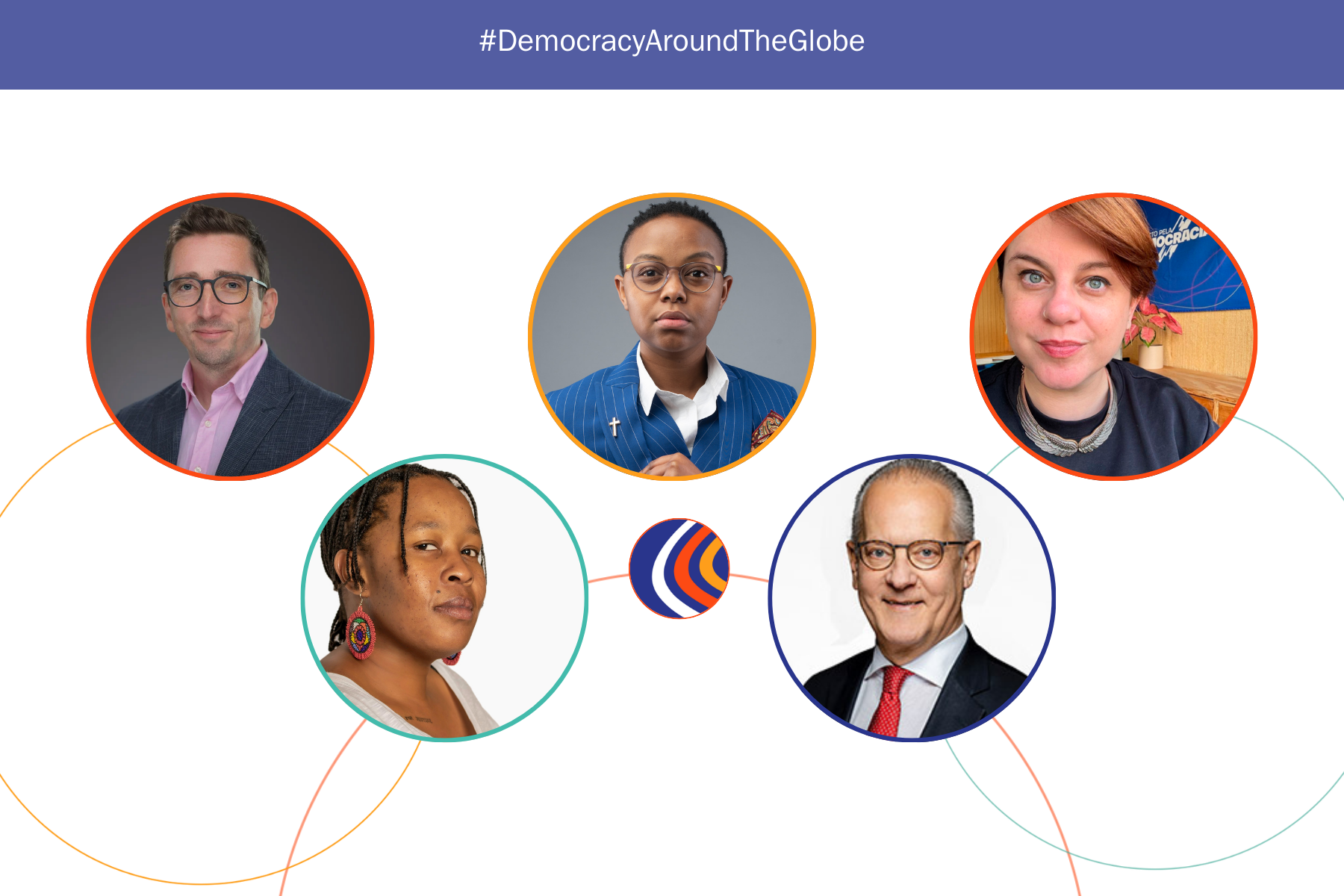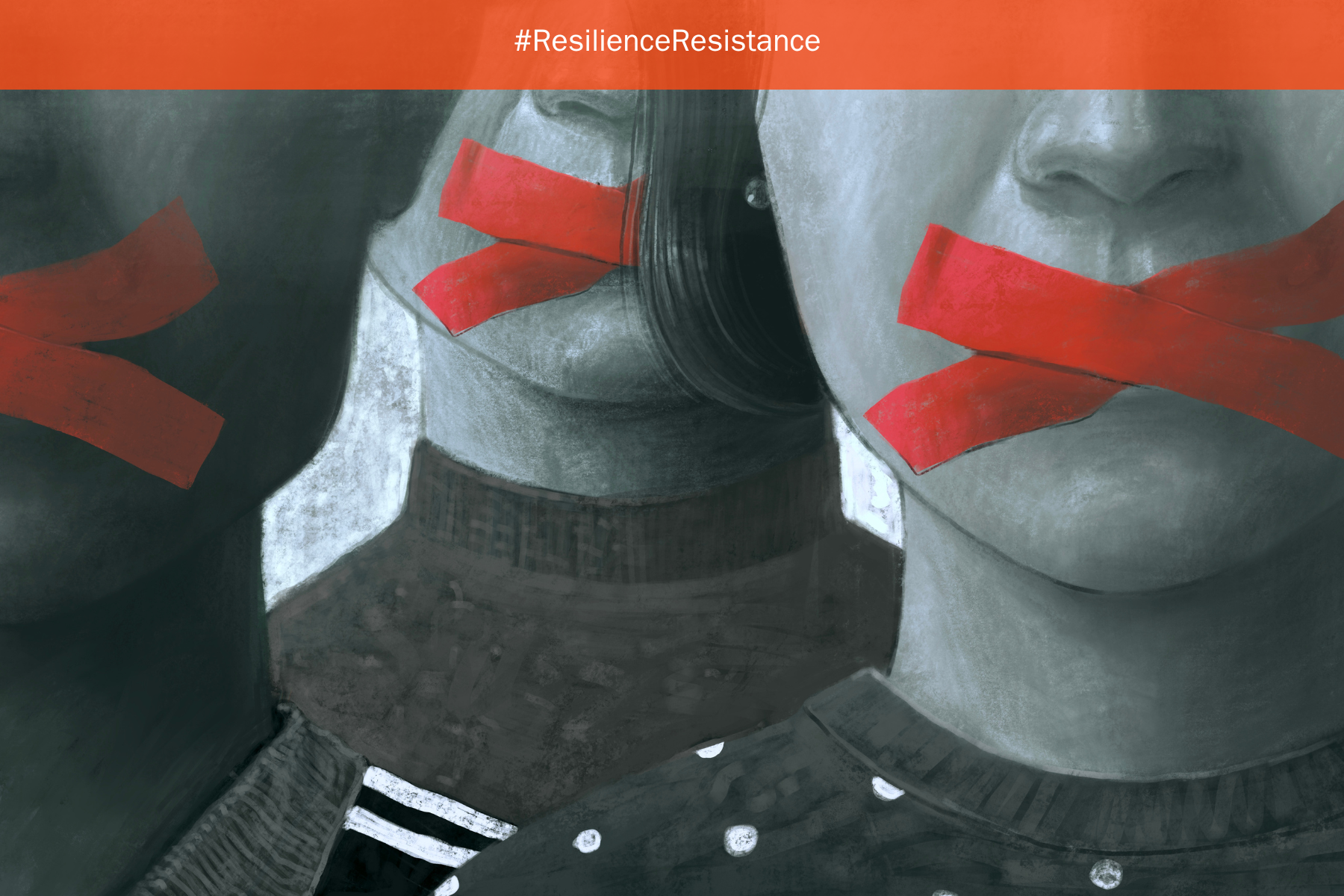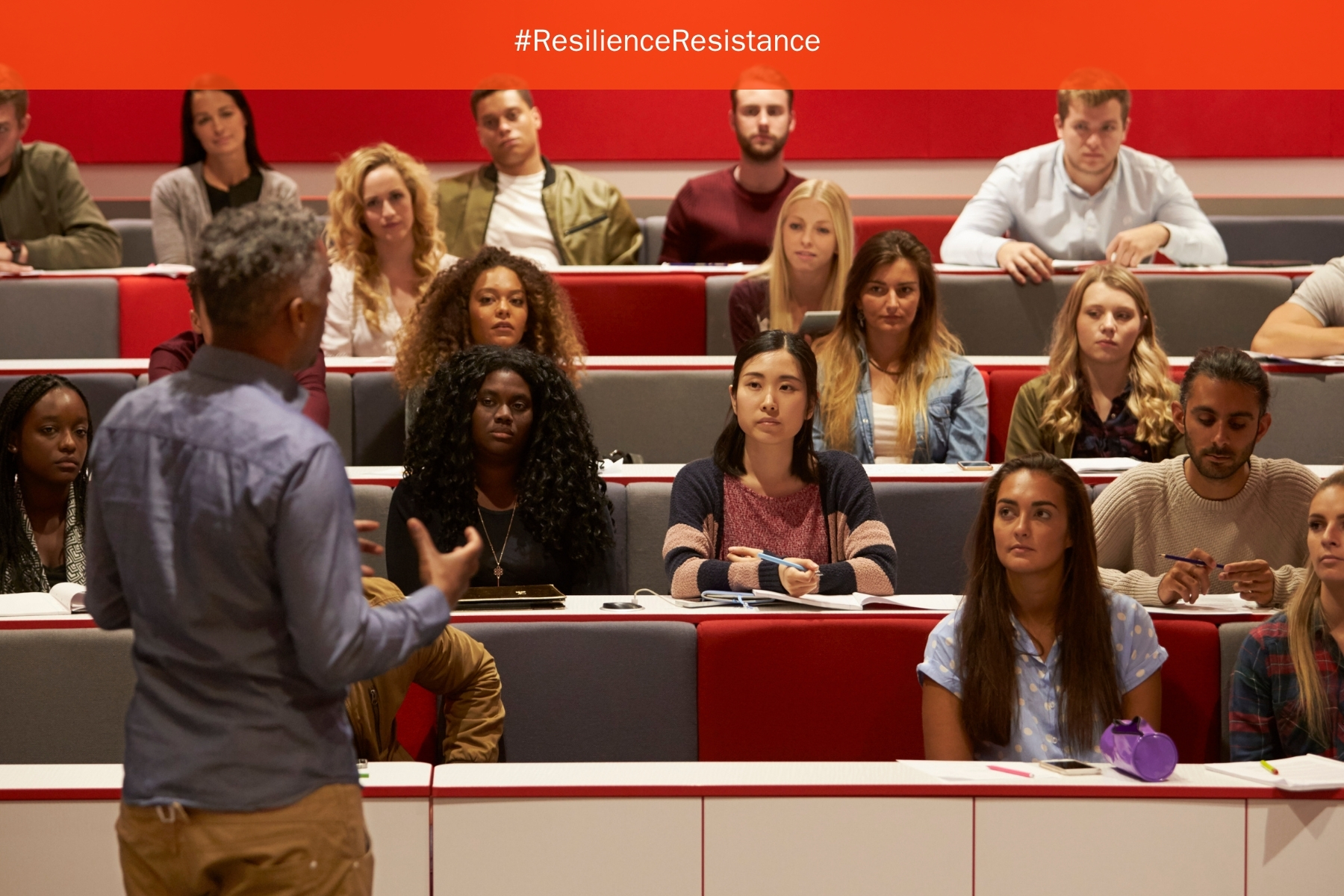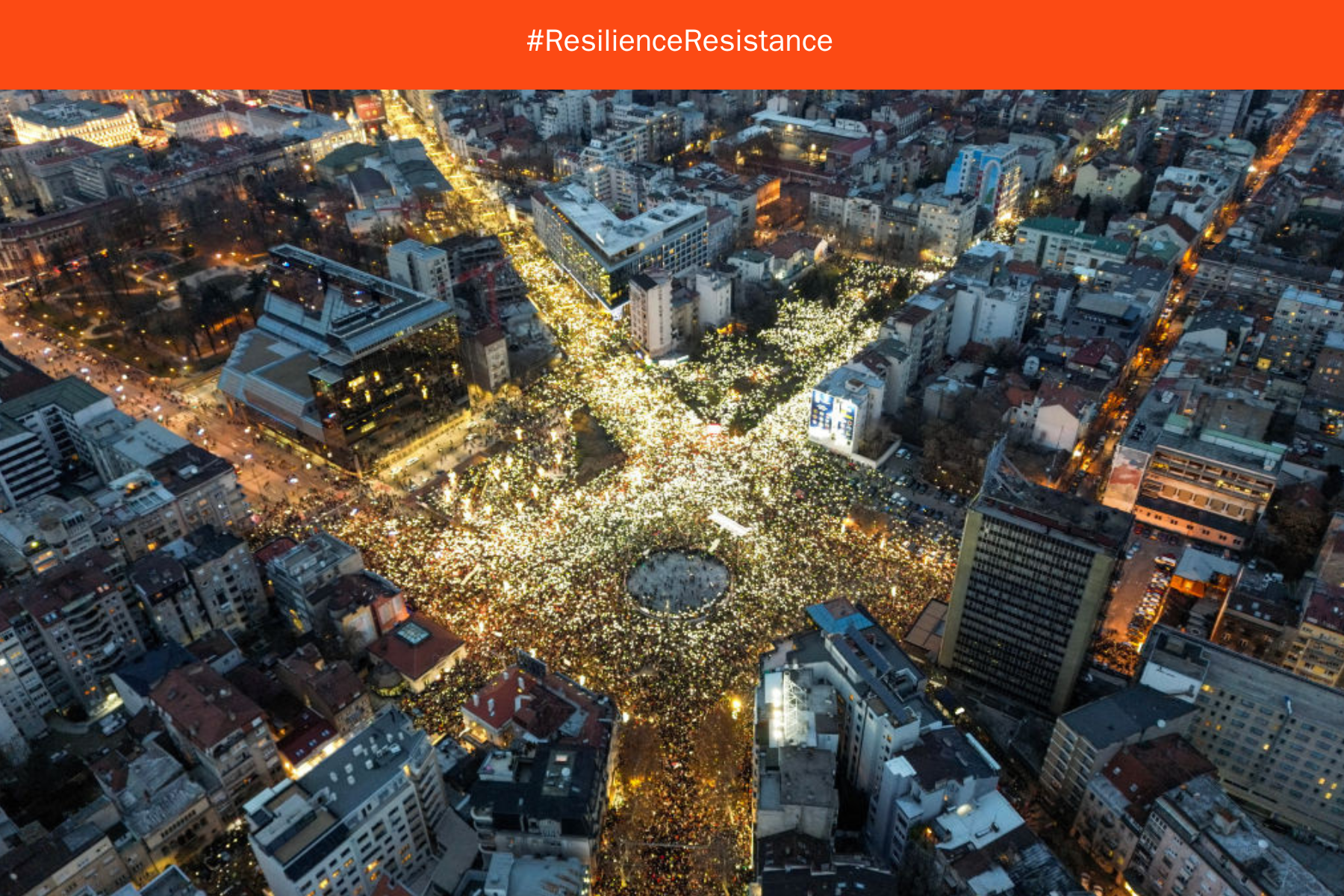Kettering Global Fellows at Work: Eddah Jowah
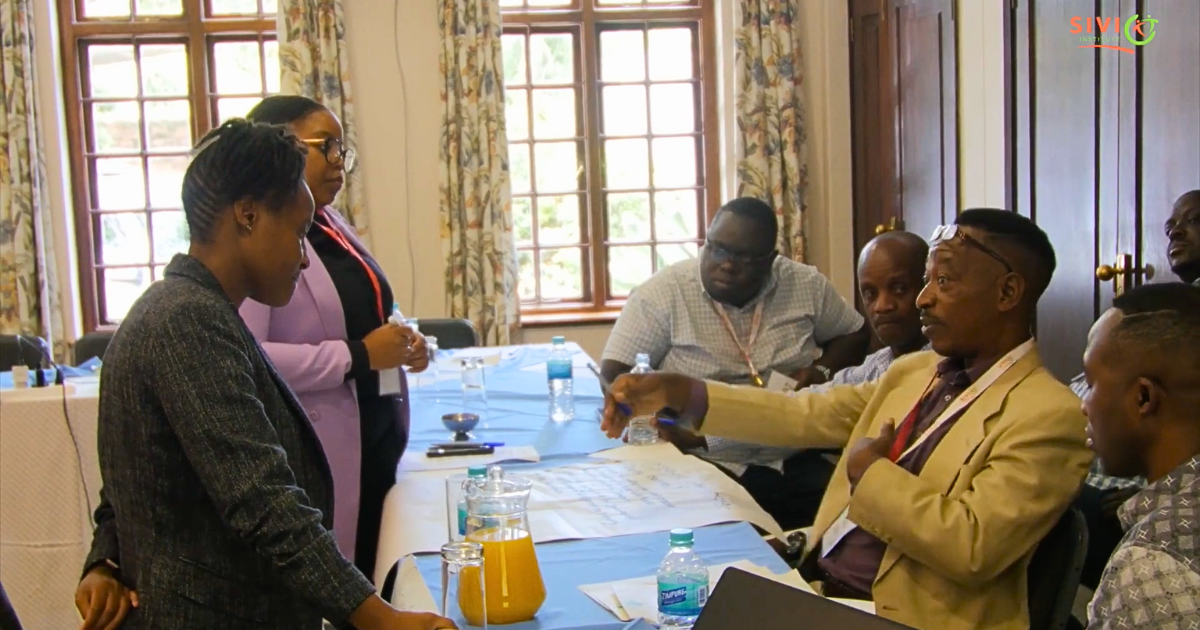
This blog post continues the series highlighting the work of the 2023 Charles F. Kettering Global Fellows for Advancing Inclusive Democracies. CFK Global Fellows is an initiative of the Democracy around the Globe focus area with the goal of fostering an international community of partners to promote and defend inclusive democracies.
In the workings of local governments, issues with service delivery, corruption, and mismanagement are not unique to any one country. In Zimbabwe, they have been a consistent struggle. In response to these circumstances, neighborhoods and local communities have formed residents’ associations (RAs). These membership-based organizations have often improved service delivery as they help residents demand accountability and keep local authorities in check.
However, even while they are beneficial for community members, RAs face challenges in sustaining membership and in member participation. Recognizing this, CFK Global Fellow Eddah Jowah framed her fellowship project around this question: “How democratic and inclusive were residents’ associations in carrying out their mandate and fostering solidarity and agency amongst citizens?” The answer is crucial because “at the core of the success of any advocacy or engagement with local authorities by RAs is an engaged, united, and committed citizenry.” So, it is important for RAs to evaluate their processes and operations to assess how inclusive and democratic they are.
To work effectively and inclusively, the membership base of RAs must cut across political party lines to make sure that the entire community, town, or city benefits. Other membership demographics are also considered and addressed by many of the RAs. For example, many of these groups are intentional about including women, youth between the ages of 18 and 35, and people with disabilities. RAs have also taken membership dues into account, and many require only a minimal fee.
After researching these associations, Jowah created a survey with questions relating to process and structure, as well as membership rate, growth, and makeup. Surveys were sent to 20 RAs across the major cities in Zimbabwe—Bulawayo, Gweru, Harare, Masvingo, and Mutare—as well as smaller towns like Chipinge.
The survey had a low response rate, so Jowah hosted a meeting with the RAs that had replied. During the meeting, participants discussed what was learned from the initial survey results. The meeting also surfaced several areas in which RA representatives needed support. There was a call for online training for skills such as writing proposals, digital activism, strategic planning, lobbying, and organizational policy.
The original goal of Jowah’s project was to develop a tool kit that RAs could use to strengthen and maintain their membership. However, survey results and insights gained during the RA meeting shifted her thinking. Recognizing that a single tool kit wouldn’t satisfy the diverse needs that RAs have, Jowah is now working to develop a series of resources and materials designed to support, enrich, and help these essential organizations better fulfill their mission.
In her report, Jowah stated that “as a researcher and practitioner in this field, this project provided me with the time and opportunity to enhance my understanding of the important role that citizen formations like RAs have to play in ensuring inclusive democracy.”
To watch a highlights video from the RA meeting, click here.
